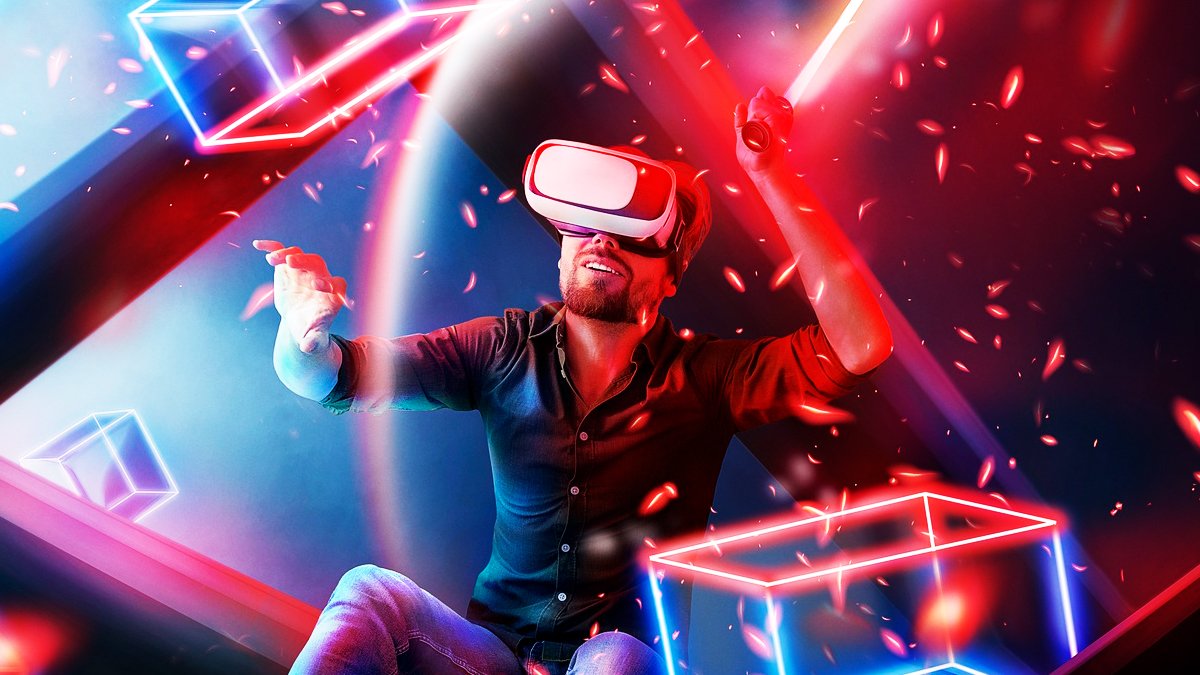L’artificial intelligence (AI) paves the way for an accessible video game creation for the greatest number. Thanks to technological advancements, all sectors can benefit from AI and become more accessible. However, this does not undermine the need for experts who will help evolve the technology.
The dangers of AI in copying and diverting protected content
There is, however, a downside to this democratization of access to creation: some AIs operate on a so-called “toxic” model, which consists of drawing inspiration from works created by other studios or artists without seeking their permission or respecting copyright. Without adequate control, this modus operandi infringes on intellectual property and can lead to a form of plagiarism.
Such a situation could become problematic if the person using these content-generating AIs decided to commercialize the impersonation thus created. It is therefore essential that regulation and legislation frame the use of artificial intelligences in the field of creation.
The necessity for legislation adapted to the challenges of artificial intelligence
Given the scale of the problem and to avoid cluttering the digital space with illegally generated creations, it becomes essential to implement a regulation and legislation specific to artificial intelligence and its uses. This approach will help distinguish beneficial and respectful applications of others’ intellectual property from those that pose a danger.
Making the distinction between inspiration and theft to protect creators’ work
It is crucial not to confuse inspiration and theft. Those who claim that the difference does not exist would benefit from consulting legal experts specialized in copyright law. Regulation and legislation must quickly follow this trend to prevent abuse and effectively protect original works.
In this context, it is therefore appropriate to separate the wheat from the chaff: while some artificial intelligences represent undeniable progress for certain sectors, care must be taken to identify and control those that prove detrimental to creation or are used to produce hidden copies, malicious imitations, or other forms of manipulation.
Concrete examples of successes and excesses related to artificial intelligence
The video game industry is already facing the consequences of this fraudulent use of AIs. Some works can be entirely copied, endangering the profitability of long and costly projects to develop. On the other hand, other artificial intelligences have demonstrated their ability to imitate without stealing, thus providing real opportunities for the creation and distribution of original games.
Towards stricter regulation for better protection of creators
In the face of these issues, lawmakers must take their responsibilities and quickly establish a regulatory framework suited to the problems related to artificial intelligence. The distinction between good and bad use will be essential to ensure the sustainability of video game creation and avoid the digital space becoming a dumping ground for illegal imitations and low-quality content.
In summary, artificial intelligence raises major technical, ethical, and legal challenges in the video game sector. On one hand, it facilitates creation and access to this field for an ever-widening audience. On the other hand, it demands increased regulation and protection to prevent abuses and ensure respect for copyright.






